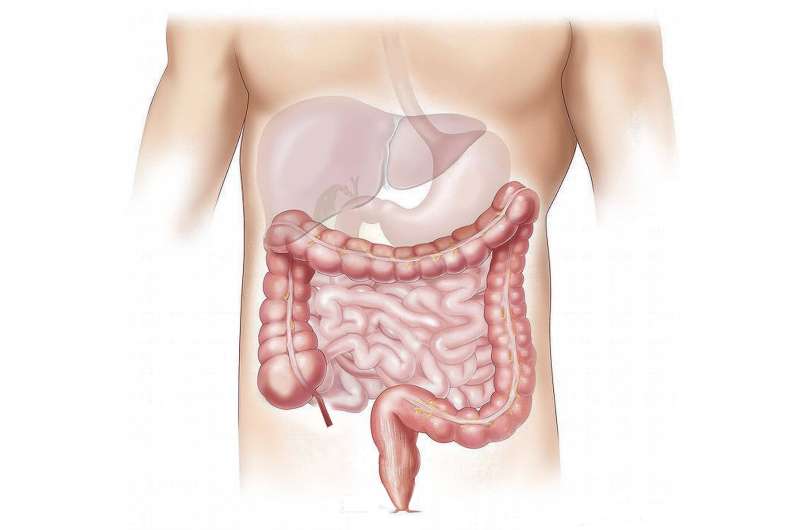Advanced Genomics Enhances Detection of Difficult-to-Identify Diarrheal Infections

A comprehensive study from the University of Liverpool uses cutting-edge genomics techniques to improve detection and understanding of challenging diarrheal infections, promising better diagnostics and targeted treatments.
A groundbreaking research study from the University of Liverpool has employed advanced genetic and genomic technologies to significantly improve the diagnosis of infectious intestinal diseases, especially those causing diarrhea. Published in the journal Genome Medicine, this large-scale study analyzed over 1,000 stool samples from individuals with diarrheal illnesses, utilizing next-generation tools such as metagenomic (DNA-based) and metatranscriptomic (RNA-based) sequencing. Unlike traditional diagnostic methods, which often rely on growing pathogens in laboratory cultures, these methods detect genetic material directly from patient samples, enabling more comprehensive and accurate identification.
Diarrheal diseases are a major global health concern, affecting approximately 18 million people annually in the UK alone. However, conventional diagnostics frequently miss infections caused by emerging or unrecognized pathogens. The new approach successfully uncovered infections that standard tests overlooked and provided insights into the activity of different microbes within the gut.
Notably, the study captured for the first time gene expression data from Salmonella directly in human stool samples, revealing how the bacteria survive and adapt post-infection. This helps to target and understand this pathogen better, as Salmonella remains a common cause of diarrhea in the UK.
One of the key discoveries was that RNA detection in stool samples is more stable than previously thought and can identify active infections, including elusive parasites and RNA viruses. The ratio of RNA to DNA proved useful for distinguishing true infections from harmless gut microbes. Combining both genetic datasets provides a clearer picture of the infectious process.
Professor Alistair Darby, Co-Director of Liverpool’s Center for Genomic Research, explained that understanding not only what microbes are present but what they are doing enables a revolution in diagnosing and managing intestinal infections. This approach could transform public health responses, especially during foodborne outbreaks.
The implications of this research extend beyond diagnostics. Open access to this genomic data aims to support further studies, innovations in health technology, and improvements in infectious disease management for healthcare providers, researchers, and public health agencies.
Overall, this research demonstrates that RNA, once considered too fragile for stool testing, offers powerful insights into infectious mechanisms. It opens new pathways for rapid, accurate diagnosis and targeted treatment of diarrheal diseases, improving patient outcomes and public health strategies.
Stay Updated with Mia's Feed
Get the latest health & wellness insights delivered straight to your inbox.
Related Articles
Innovative Use of AI in Protein Design to Boost T-Cell Immunotherapy
Researchers have used AI-powered protein design to create novel molecules that activate the Notch pathway, significantly advancing T-cell based immunotherapies with promising clinical applications.
Heavy Menstrual Bleeding: A Common yet Often Overlooked Health Issue
Heavy menstrual bleeding affects millions of women, yet remains poorly understood and undertreated. Innovative organ-on-a-chip technology aims to revolutionize diagnosis and treatment, reducing delays from years to months.
New Study Questions the Protective Role of Education Against Cognitive Decline in Aging
Research involving over 170,000 participants questions the protective effect of education on cognitive decline, emphasizing the need for a holistic approach to brain health across the lifespan.
Understanding Nutrient Transport in the Body: Insights into Cancer Treatment
Discover how mapping nutrient transport pathways in the body opens new possibilities for cancer therapy and disease management, highlighting recent breakthroughs in cellular transporter research.



